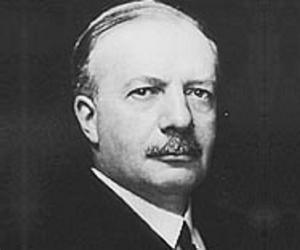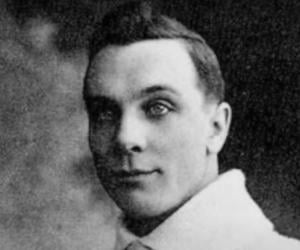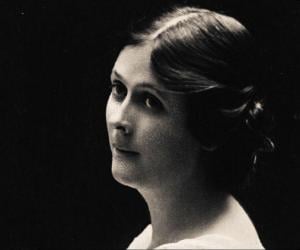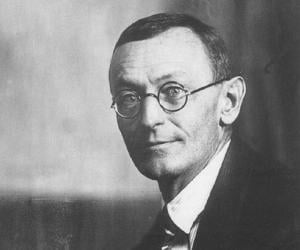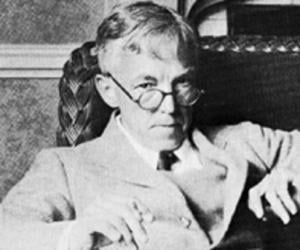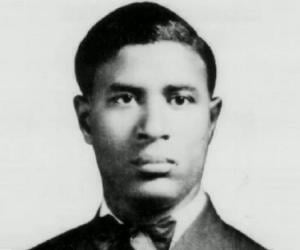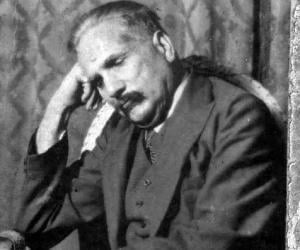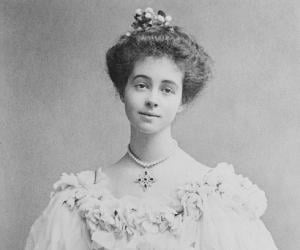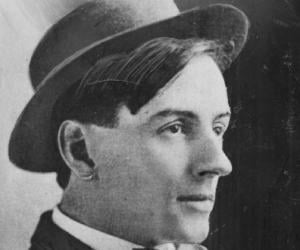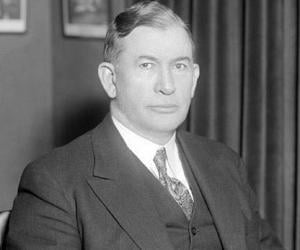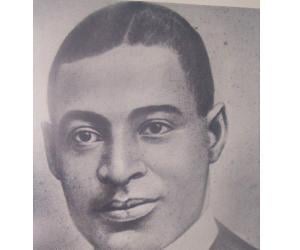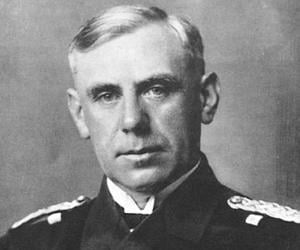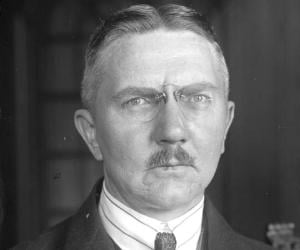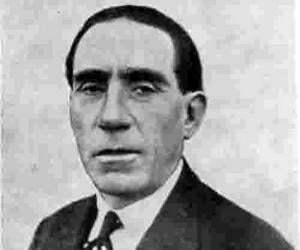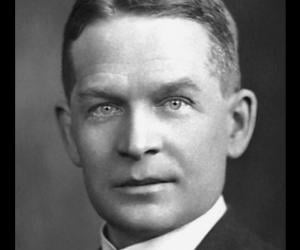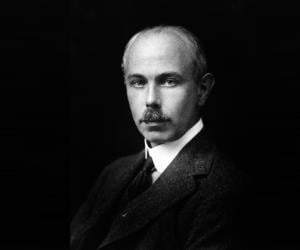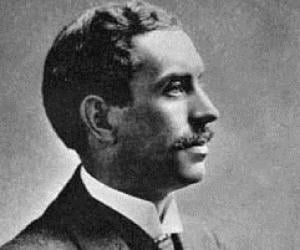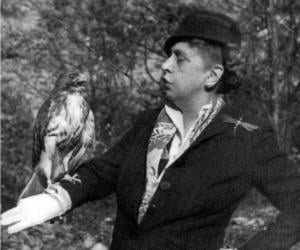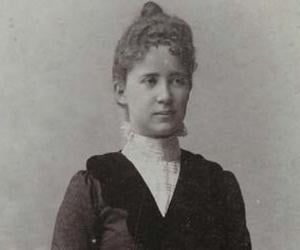Isadora Duncan was a dancer acclaimed in USA, Europe, and the Soviet Union. Raised by a single mother, she grew up in poverty and started teaching dance to children to earn some money. She later joined Augustin Daly's theater company. Eventually, she opened her own dance schools to teach her unique philosophy and techniques to her students.
German-born Swiss poet, novelist, and painter Hermann Hesse received the Nobel Prize in Literature in 1946. He explored individuals’ search for authenticity, self-knowledge, and spirituality in his works. An intense and headstrong person from childhood, he developed an early interest in reading. He started writing as a young man and became an influential author in the German-speaking world.
English mathematician G. H. Hardy is best recognised for his work and achievements in number theory and mathematical analysis, and also as mentor of distinguished Indian mathematician Srinivasa Ramanujan. He is noted for his essay on mathematics titled A Mathematician's Apology. He also made his mark in biology formulating a basic principle of population genetics called Hardy–Weinberg principle.
Garrett Morgan is remembered for inventing the Morgan safety hood, which served as a prototype for later gas masks. He also invented the T-shaped traffic signal and a range of hair-care products, such as hair straightening creams. An NAACP member, he also launched a newspaper to cater to African-Americans.
Muhammad Iqbal was a Scholar, poet, and politician. Born in British India (present-day Pakistan), Iqbal's poetry in Persian and Urdu languages is regarded as one of the greatest of the modern era. Also an influential politician, Muhammad Iqbal's vision of an independent Muslim state helped inspire the creation of Pakistan where he is recognized as the national poet.
Tom Thomson was a Canadian artist best remembered for producing some of Canada's most iconic works, namely The West Wind and The Jack Pine. Thomson's work has had a profound influence on Canadian art and he is often regarded as an unofficial member of the famous Group of Seven as he died shortly before the establishment of the iconic group.
While Wilhelm Canaris became one of Hitler’s most trusted secret agents, he was actually supplying information to Britain all along. He went down in history as a man who was hanged twice for treason, first as part of torture for a few moments, and then for good.
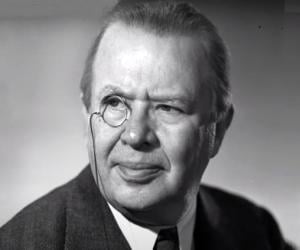
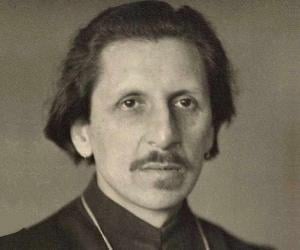
Ananda Coomaraswamy was a Ceylonese Tamil philosopher of Indian art, metaphysician, and pioneering historian. He is credited for being one of the earliest interpreters of Indian culture to the West. He is also held responsible for introducing ancient Indian art to the West. Apart from bridging the gap between East and West, Coomaraswamy's works also aimed at rehabilitating original Buddhism.
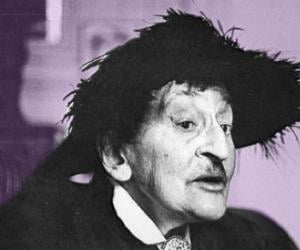
German banker Hjalmar Schacht was appreciated for his role in saving the Weimar Republic from inflation and later served as the Reichsminister of Economics under Adolf Hitler. Following as assassination attempt on Hitler, her was imprisoned, but was later freed and then set up his own bank in Düsseldorf.
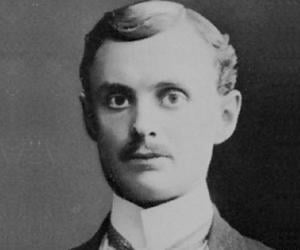
British automobile and aviation pioneer Charles Stewart Rolls is remembered for co-founding Rolls-Royce. The Cambridge alumnus was the first pilot to fly across the English Channel and back without a halt. He died in a plane accident at age 32 and was the first British aviator to do so.
Louis Renault was a French industrialist. A pioneer of the automobile industry, Renault is remembered for co-founding the popular automobile manufacturer, Renault Group. Renault is credited with building factories that contributed immensely to the war effort during the First World War; the Renault FT tank, the first tank of modern configuration, was created and manufactured by his company.
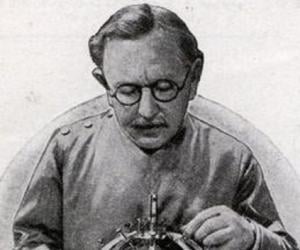
Known for his pioneering contribution to the make-up industry in Hollywood and for his revolutionary products such as Supreme Greasepaint, Max Factor Sr. was a Polish Jew, who moved to the US in the early 1900s. He founded his own brand of cosmetics, popularized the word “make-up,” and won an honorary Academy Award.

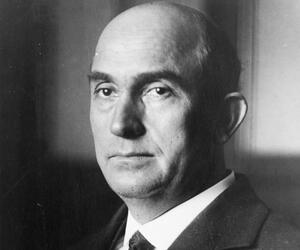
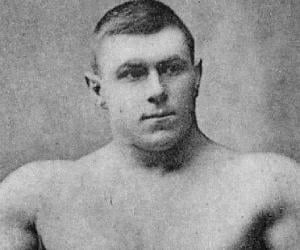
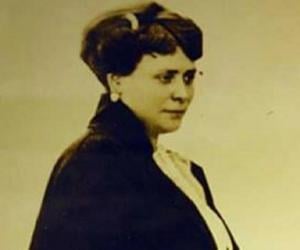
Luisa Spagnoli was an Italian businesswoman best remembered for creating the popular women's clothing and chocolate brand Perugina. Spagnoli's chocolate brand Baci Perugina became so famous that it was marketed in foreign countries, such as the United States of America.
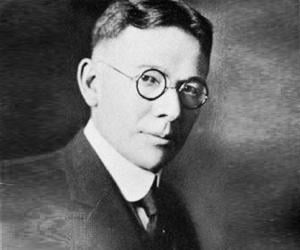
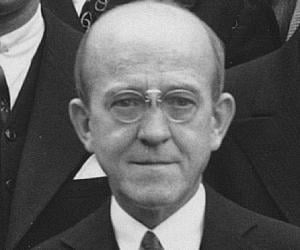
A pioneer of molecular biology, Oswald Avery revolutionized science with his research on the chemical processes involved in immunology. The Canadian-American bacteriologist initially aspired to be a musician. He later proved that DNA was the basis of heredity. Though nominated for the Nobel Prize multiple times, he never won it.
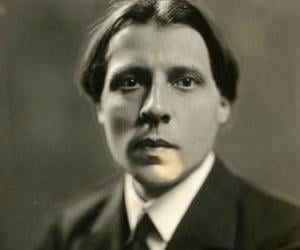
French pianist Alfred Cortot is remembered for his renditions of popular Romantic composers, such as Chopin and Schumann. The Paris Conservatory alumnus later established the Paris Orchestre Philharmonique and the École Normale de Musique. He also formed a trio with cellist Pablo Casals and violinist Jacques Thibaud.
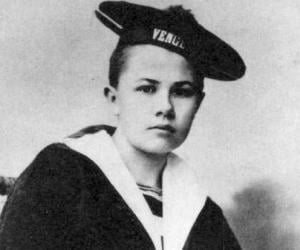
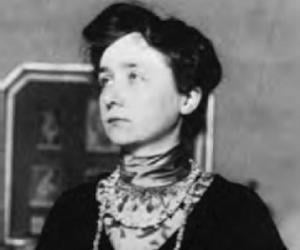
Gabriele Munter was a German expressionist painter who led the Munich avant-garde movement in the early 20th century. She began to draw as a child and was supported in her ambitions by her parents. She went on to have a successful career and became a founding member of the expressionist group Der Blaue Reiter. She lived with painter Wassily Kandinsky.
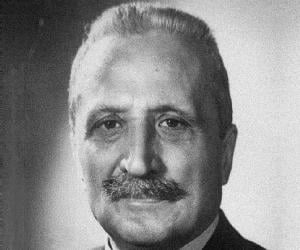
Enrico De Nicola was an Italian jurist, journalist, and politician. He served as the provisional head of state of republican Italy from 1946 to 1948, following which he became the first president of Italy. He was a successful lawyer before he entered politics. He was succeeded by economist Luigi Einaudi as the president.
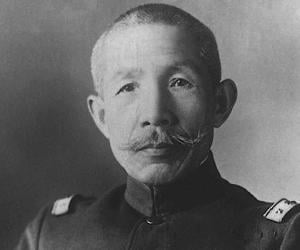
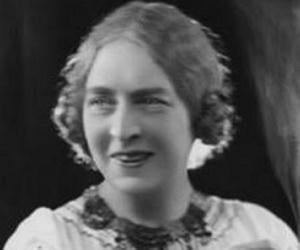
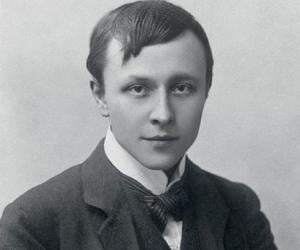
Austrian printmaker, illustrator, and occasional writer Alfred Kubin is counted among the important representatives of Symbolism and Expressionism. He is noted for his inventive black-and-white drawings that included dreamlike, often morbid, subjects and portrayed supernatural creatures and sexual violence. He illustrated Der Orchideengarten magazine, and has also worked for the likes of E. T. A. Hoffmann and Edgar Allan Poe.
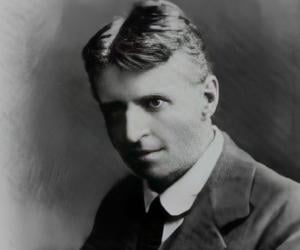
Born to renowned criminologist Hans Gross, Otto Gross initially worked with his father but later deviated to depth psychology. It is believed, he was a liberal drug user and an advocate of polyamory. He apparently allowed his wife to have sexual relationships with other men, often participating as an observer.
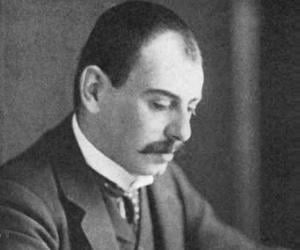
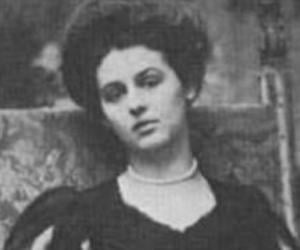
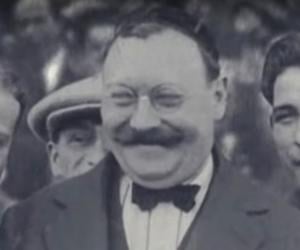
Swiss-born sports executive Joan Gamper is best remembered as the founder of the legendary football club FC Barcelona. A sports enthusiast since his childhood, he excelled in many sports, such as football, golf, and tennis. He died of suicide at age 52, apparently driven by depression related to financial issues.
Nobel Prize-winning English scientist Francis William Aston was solely a chemist before the advent of X-rays and radioactivity made him focus on physics too. He is best remembered for inventing the mass spectrograph, or the mass spectrometer, which helped him discover 212 of the 287 natural isotopes.
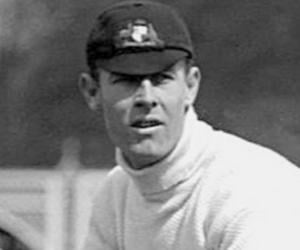
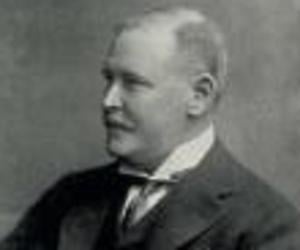
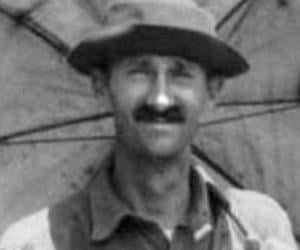
American marine biologist, ornithologist, and entomologist William Beebe is remembered for his exploratory expeditions conducted for the New York Zoological Society. He also co-discovered the Bathysphere, penned many books, was a renowned lecturer, worked with the New York Zoological Gardens, and led tropical research at the New York Zoological Society.
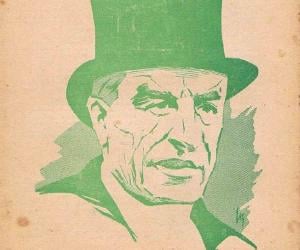
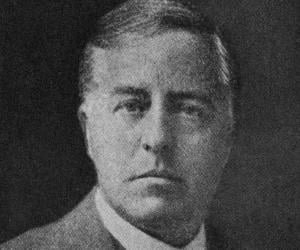
James Jeans was an English physicist, astronomer, and mathematician who made great contributions to the areas of quantum theory, the theory of radiation, and stellar evolution. Along with Arthur Eddington, Jeans is a founder of British cosmology. He spent his academic career at Trinity College, Cambridge, and the Princeton University. He received the Royal Medal in 1919.
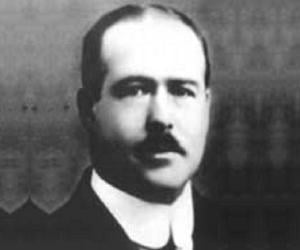
Walter Sutton was an American physician and geneticist best remembered for his Boveri-Sutton chromosome theory, which is widely regarded as one of the most important contributions to present-day biology. Walter Sutton is also credited with improving several medical and surgical practices, such as anesthetic techniques.
Charles Glover Barkla won a Nobel Prize for his research on X-ray scattering, which pave way for further research on atomic structures. A staunch Methodist, he believed his work was part of his search for God. Musically talented, Barkla also sang in the church choir of King’s College, Cambridge, his alma.
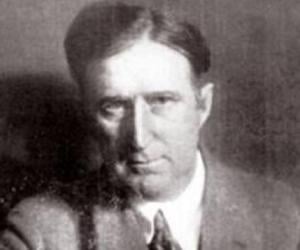
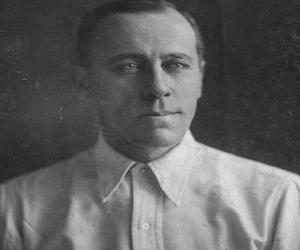
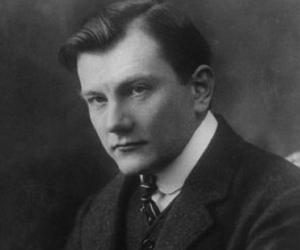
The son of a math professor and an amateur cellist father, Ernő Dohnányi was taught the basics of music by his father at age 8. While he later taught in Berlin and Budapest, he was banned in Hungary for a decade by the communists. He later taught in Argentina and then the US.
